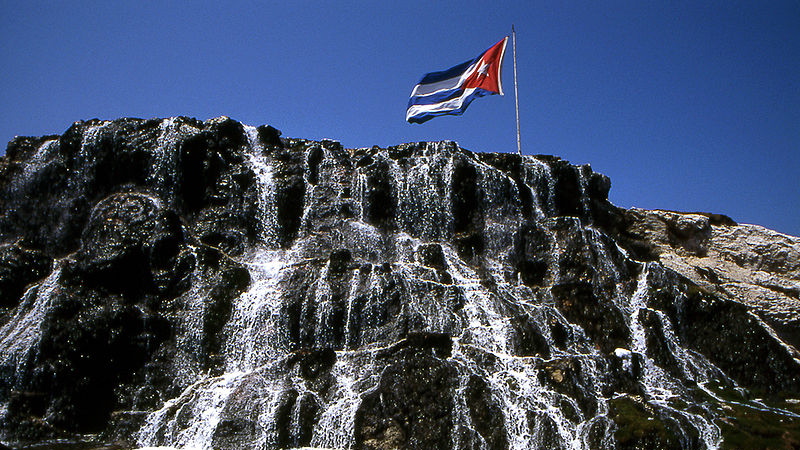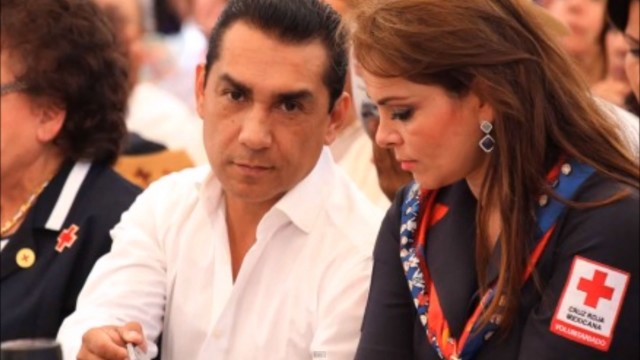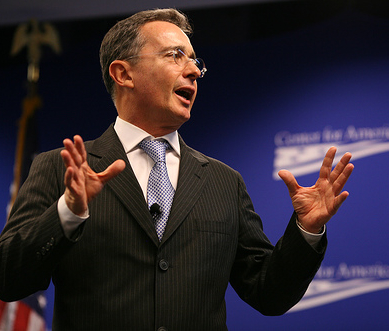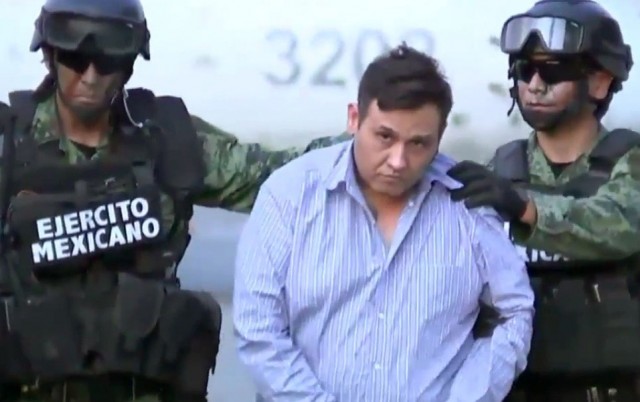
Caribbean, Cuba, Dispatches, North America, United States
Cuba Should Be Removed From State Sponsors of Terrorism List, Experts Say
February 1, 2010 By Mike Samras
WASHINGTON — A panel of experts advocated the removal of Cuba from the U.S. list of state sponsors of terrorism at a conference organized by the Center for International Policy last Thursday. The list, managed by the U.S. Department of State, has broad-reaching foreign-policy consequences for the included countries.
First proposed by then Secretary of State Alexander Haig and approved by President Ronald Reagan, Cuba was added to the list on March 1, 1982.
Cuba’s support of leftist guerrillas in El Salvador and Nicaragua under Fidel Castro was the original explanation for Cuba’s inclusion. The Reagan administration intended to “equate support for revolution to support for terrorism and blur the distinction [between the two],” according to Peter Kornbluh of the National Security Archives, a non-governmental research library located at the George Washington University.
Since the end of armed conflict in Central America, Cuba’s continued inclusion on the list was due more to what Cuba was not doing rather than what they were, said Kornbluh, citing Cuba’s lack of participation in the U.S.’s global War on Terror.
Robert Muse, of the law firm Muse and Associates, spoke at the conference about the legal ramifications of Cuba’s inclusion on the list. Officially labeling Cuba as a sponsor of terrorism legalizes seizure of any state assets for legal compensation, Muse said.
So far, over $1 billion has been awarded for damages, though the majority of the plaintiffs have not received compensation. Muse characterized these court settlements as inconsistent with both domestic U.S. law as well as international law.
These court cases have prevented Cuban sports teams from traveling to Puerto Rico and other parts of the U.S. for fear of their plane being seized and sold, he said.
Additionally, Cuba is unable to receive U.S. foreign assistance, is barred from exporting goods to the U.S., and businesses require special licensing to import goods to Cuba.
According to opponents of the Cuban embargo, the 27-year-old classification of Cuba as a sponsor of terrorism is one of the main impediments to the normalization of relations between the two countries.
Only the president can amend the State Department’s list and he is required to give Congress a 30-day notice before doing so. Congress is unable to block changes made to the list, but can pass an independent resolution affecting U.S. foreign policy.
That is unlikely given the current focus on the Middle East and Central Asia in the U.S.’s global counter-terrorism efforts, Muse said.
The list is reviewed annually in March, making January and February key months for organizations like CIP working for Cuba’s removal. Cuba is joined by Iran, Sudan, and Syria on the State Department’s list of state sponsors of terrorism.
“The prospects for [that] don’t look particularly good,” Kornbluh stated, noting that action by the President would have to happen “in the next couple of days.”
- Image: Henryk Katowski
About Mike Samras
Mike earned degrees in political science and journalism from the University of Pittsburgh. After graduating from college in 2006, Mike joined the Peace Corp and spent two and half years living and working in El Salvador. He is currently pursuing a master's degree in political management at George Washington University.






1 Comment
Narzędzia Wrocław
Comments are closed.